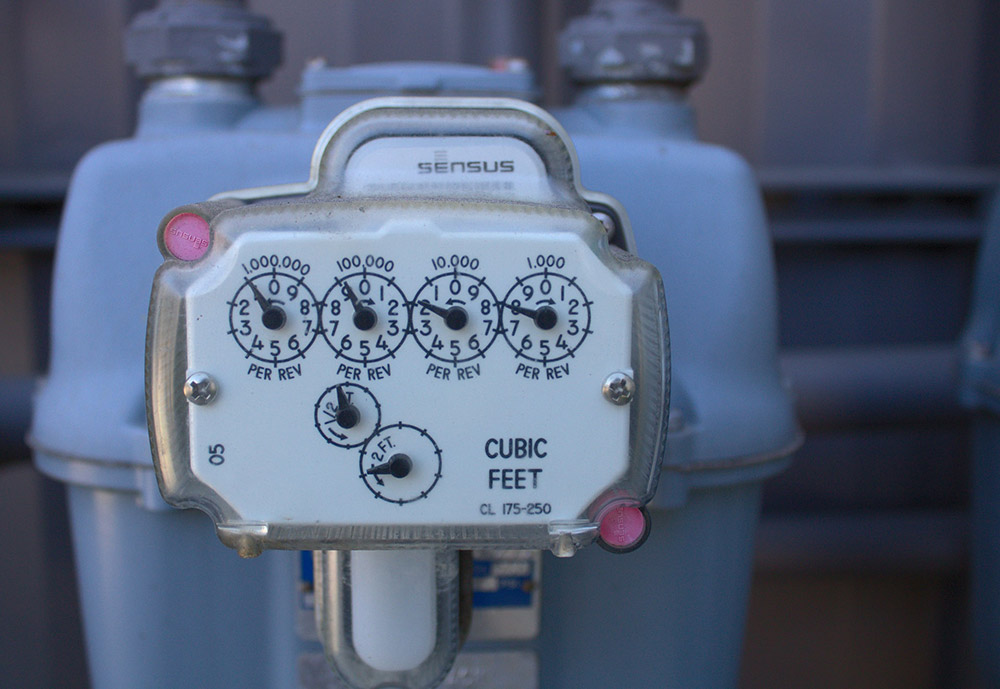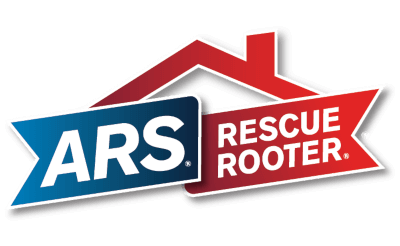What Does A Gas Leak Smell Like In The Home?

If you smell rotten eggs or sulfur inside your home, it is more than likely coming from natural gas leak.
Natural gas is used in many homes for heating and cooking. In fact, 32 percent of homes in the United States are fuel by natural gas. Although natural gas is a safe and efficient way to power your home, leaks can occur. A natural gas leak can be very dangerous. If you suspect a gas leak, it is important to know the smell gas makes, signs of small gas leaks, and what to do.
In this brief article, we walk you through important signs and symptoms you should be aware of to protect your home and family from disaster.
What Is a Gas Leak?
A gas leak occurs when natural gas escapes from its piping. Gas leaks can occur inside or outside of your home. Gas leaks are usually caused by faulty appliances, damaged pipes, or human error.
Leaks are extremely hazardous and can potentially reach an explosive level. They may kill plants and trees, cause explosions and fires, and emit greenhouse gases into the air.
Suspected Gas Leak Signs and Symptoms to Watch For
Keep in mind that physical indicators or odors may not be present when you're seeking for gas leak symptoms in your house. Natural gas is an excellent source of heat, hot water, and home appliances in many houses. Your gas utility adds mercaptan, a safe chemical, to the natural gas. To assist you detect gas leaks, mercaptan has a rotten-eggs-like odor that smells like sulfur. However, if the leak is minor enough, you may not detect anything.
Leaks in gas lines cause a reduction of oxygen, which can result in bodily reactions. If you're having natural gas poisoning, there are a variety of symptoms that you may experience.
Physical Symptoms
- Flu-like symptoms
- Breathing difficulties
- Dizziness
- Pain in the chest
- Lightheadedness
- Drowsiness
- Nosebleeds
- Ringing in your ears
- A reduced appetite
- Blistering or pale skin
Signs Around The House
- Smell natural gas (sulfur or rotten eggs)
- Hissing or whistling sound near a gas line
- White cloud or dust cloud near a gas line
- Bubbles visible in water
- Damaged gas pipe
- Dead houseplants
What Is Carbon Monoxide Poisoning?
Carbon monoxide (CO) is a colorless, odorless, and potentially deadly gas. CO poisoning can result from natural gas leaks. Headaches, dizziness, nausea, and even death are symptoms of CO poisoning. If you or someone you care for believes they have carbon monoxide poisoning, call 911 or seek medical attention immediately.
What Should a Homeowner Do If They Suspect a Gas Leak?
If you suspect a natural gas leak, it is important to act quickly and safely. By taking quick and safe action, you can protect yourself and your family from harm. First, leave the area immediately and find a safe location to call for help.
If possible, open all the doors and windows to ventilate the area. Then, turn off all appliances and any other potential sources of ignition. Finally, call your gas company or 911 immediately and they will help find the source of the leak.
What Should Homeowners NEVER Do If They Suspect a Gas Leak?
- Use any sources of ignition (lighters, candles, matches)
- Use a phone inside the home
- Attempt to seal or fix the leak
- Don't turn lights or gas burning appliances on or off
- Close doors and windows
- Assume your utility company knows about the leak
Should I Shut My Gas Off If I Think There Is a Leak?
Homeowners should turn it off their gas if they believe there is an active leak only if it is safe to do. We recommend homeowners leave shutting off their gas meter to professional plumbers or gas technicians.
Wait for a qualified expert or local gas company to turn the gas back on. Natural gas shut-off valves are designed to keep you safe. If a leak occurs in an appliance, you may switch off the natural gas at that device. When handling risers, meters, and any other connected elements, always use great care.
Are Residential Natural Gas Leaks Preventable?
Most gas leaks are preventable, although you can't always prevent a natural gas leak. If your home uses gas, or you are thinking about buying a new gas-fueled home, one of the first things you should do is educate yourself and your family on natural gas safety. There are things you may do to decrease the danger of one.
- Check your systems and appliances for signs of wear and tear, which might indicate a leak.
- If you don't already, have your appliances and pipelines inspected by a professional at least once a year to ensure no leaks are present.
- Have old gas shut-off valves and fittings updated and replaced.
- Install carbon monoxide detectors to alarm you of gas in the air and prevent prolonged exposure.
Call ARS/Rescue Rooter for Gas Service
Although these occurrences are uncommon, continual exposure to natural gas may be dangerous and have long-term consequences. It is critical that individuals be informed about natural gas safety and aware of the symptoms of gas leaks and carbon monoxide poisoning.
If your home needs a gas line repair, or your gas line shut-off valves and gas line fittings replaced, call the trained experts at ARS/Rescue Rooter. You can find your nearest ARS/Rescue Rooter location online or request service here today.


